Licensing term sheet
Purpose of this licensing tool: To facilitate negotiation and conclusion of licences. By using the tool, you will ensure that all important issues are considered fully and dealt with. Links to articles discussing relevant concepts will assist you along the way.
\r\n”;
ProcessForm();
print ”
\r\n”;
}
?>
